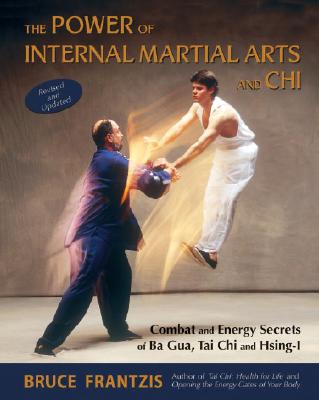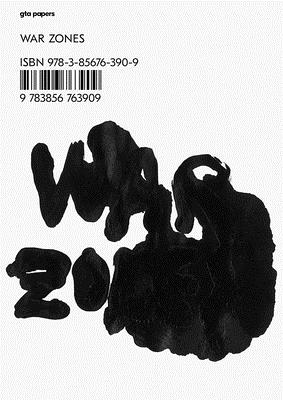
Frantzis, Bruce
product information
description
3Originally published in 1998, this book has become a martial arts classic. It provides detailed descriptions of the three main internal martial arts--tai chi (taiji), hsing-i (xingyi) and ba gua (pakua)--and their sub-styles, as well as how they differ from each other and from such external arts as karate, tae kwon do and judo. Each internal martial art is analyzed in terms of its fighting strategies and applications. This revised edition includes 50 pages of additional material including a new chapter on martial arts and spirituality.This was the first book to provide in-depth information to Westerners about nei gung (neijiaquan), the sophisticated Taoist system developed in ancient China for working with chi in the body, mind and spirit. Chi helps build relaxed speed and power without the use of muscular tension or adrenaline surges. This gives many internal martial artists a powerful edge over counterparts trained in external martial arts. The book provides vivid details about Frantzis' personal training odyssey in the martial arts, including fascinating profiles of such renowned martial artists as Morehei Ueshiba, founder of Aikido; ba gua master Wang Shu Jin, who emanated chi so powerfully that on cold days his students could warm their hands by standing near him; and Liu Hung Chieh, the legendary master of the internal martial arts and Taoist meditation who also had a complete knowledge of traditional Chinese medical theory. The new edition demystifies the technique known as fa jin, the storage and sudden discharge of energy without the use of muscular force, one aspect of which is demonstrated on the front cover. The new edition also adds a lengthy chapter on the spiritual development of a martial artist, and describes how the internal martial arts are linked to Taoist meditation.
member goods
No member items were found under this heading.
Return Policy
All sales are final
Shipping
No special shipping considerations available.
Shipping fees determined at checkout.







